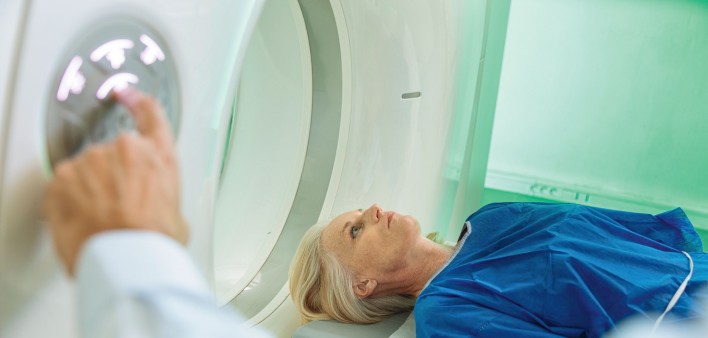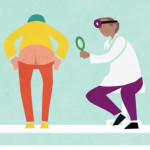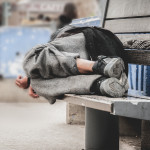Since the advent of effective combination antiretroviral (ARV) treatment two decades ago, the risk of many cancers for people living with HIV has fallen. However, this population’s risk for a slew of cancers remains elevated compared with the general population.
Researchers studied 1996 to 2012 information on cancer diagnoses among a data set of nearly 450,000 people with HIV that provided 3 million cumulative years of follow-up data among them. During this time, these individuals received some 21,300 cancer diagnoses.
Compared with what would be expected in the general population, the people with HIV had a 1.7-fold increased risk of cancer overall, including a 14-fold increased risk of AIDS-defining cancers and a 1.2-fold higher risk of non-AIDS-defining cancers.
After adjusting the data for various factors, the study authors found that the relative risk for cancer among people with HIV compared with the general population narrowed between 1996 and 2012 as ARV treatment expanded, specifically for Kaposi’s sarcoma, two subtypes of non–Hodgkin lymphoma and cancer of the anus, liver and lung. However, the rates of all these cancers remained elevated among people with HIV even at the end of the study period. There was no apparent increase in risk for any cancer over time.
“People with HIV and their health care providers should be aware that restoring immunological health and reducing cancer risk factors are essential for cancer prevention,” says Raúl Ulises Hernández-Ramírez, MS, a PhD candidate at the Yale School of Public Health and the study’s lead author. “Therefore, it is important for patients, with their providers’ help, to start HIV treatment promptly after HIV diagnosis and maintain treatment adherence, quit smoking and moderate alcohol use. Patients should also discuss cancer screening with their providers.”







Comments
Comments